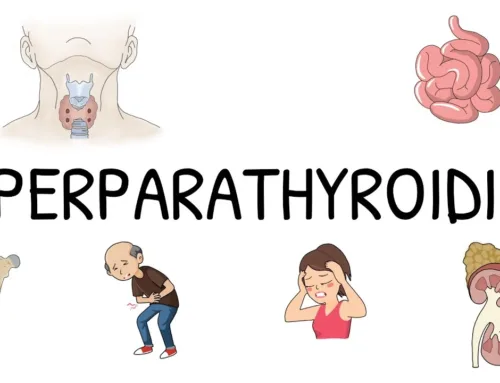Hypothyroidism is a condition that occurs when the thyroid gland is unable to produce enough thyroid hormone. The thyroid hormone regulates metabolism, and a deficiency can cause many symptoms, including weight gain, fatigue, depression, and difficulty concentrating. While there are various causes of hypothyroidism, including autoimmune disorders, radiation therapy, and certain medications, one question that often arises is whether hypothyroidism is hereditary. In this blog post, we’ll explore the hereditary aspects of hypothyroidism.

What is hypothyroidism?
To understand the hereditary aspects of hypothyroidism, it’s important first to understand the condition. As mentioned, hypothyroidism occurs when the thyroid gland cannot produce enough thyroid hormone. This can be caused by various factors, including autoimmune disorders like Hashimoto’s thyroiditis, the most common cause of hypothyroidism in the United States, radiation therapy, surgery to remove the thyroid gland, and certain medications.
Is hypothyroidism hereditary?
While hypothyroidism can be caused by various factors, including environmental factors like radiation exposure, research has suggested that there may be a genetic component to the condition. Studies have found that individuals with a family history of thyroid disease, including hypothyroidism, are likelier to develop the condition. Additionally, certain genetic mutations have been linked to an increased risk of hypothyroidism.
Types of hereditary hypothyroidism:
There are two main types of hereditary hypothyroidism:
1. Congenital
Congenital hypothyroidism is a rare genetic condition that affects infants and occurs when the thyroid gland fails to develop properly or does not produce enough thyroid hormone
2. Familial.
Familial hypothyroidism is a genetic condition that can affect multiple family members and is caused by mutations in certain genes that affect thyroid hormone production.
Diagnosis and treatment:
If you suspect you may have hypothyroidism, it’s important to speak with your healthcare provider. They can perform a simple blood test to check your thyroid hormone levels and determine if you have an underactive thyroid. If you are diagnosed with hypothyroidism, treatment may involve taking a synthetic form of thyroid hormone to replace the hormone your thyroid gland cannot produce.
Conclusion:
While there are various causes of hypothyroidism, including environmental factors and certain medications, research has suggested that there may be a genetic component to the condition. Individuals with a family history of thyroid disease, including hypothyroidism, may be at an increased risk of developing the condition. If you suspect you may have hypothyroidism, it’s important to speak with your healthcare provider and receive a proper diagnosis and treatment plan.




Leave A Comment